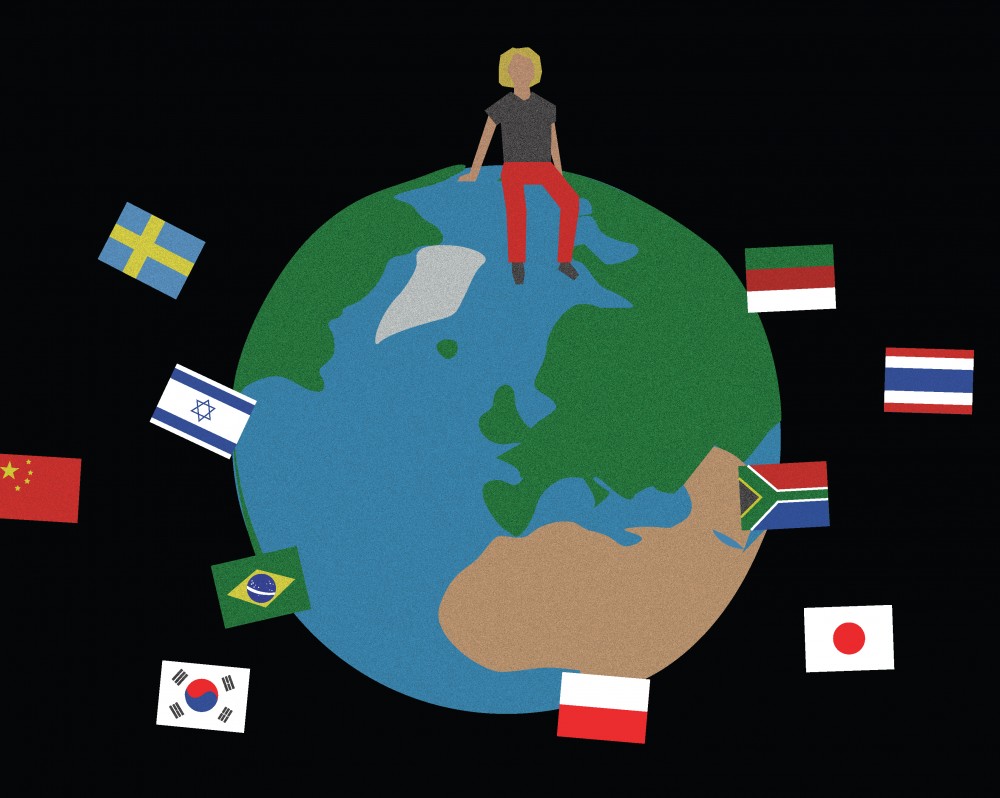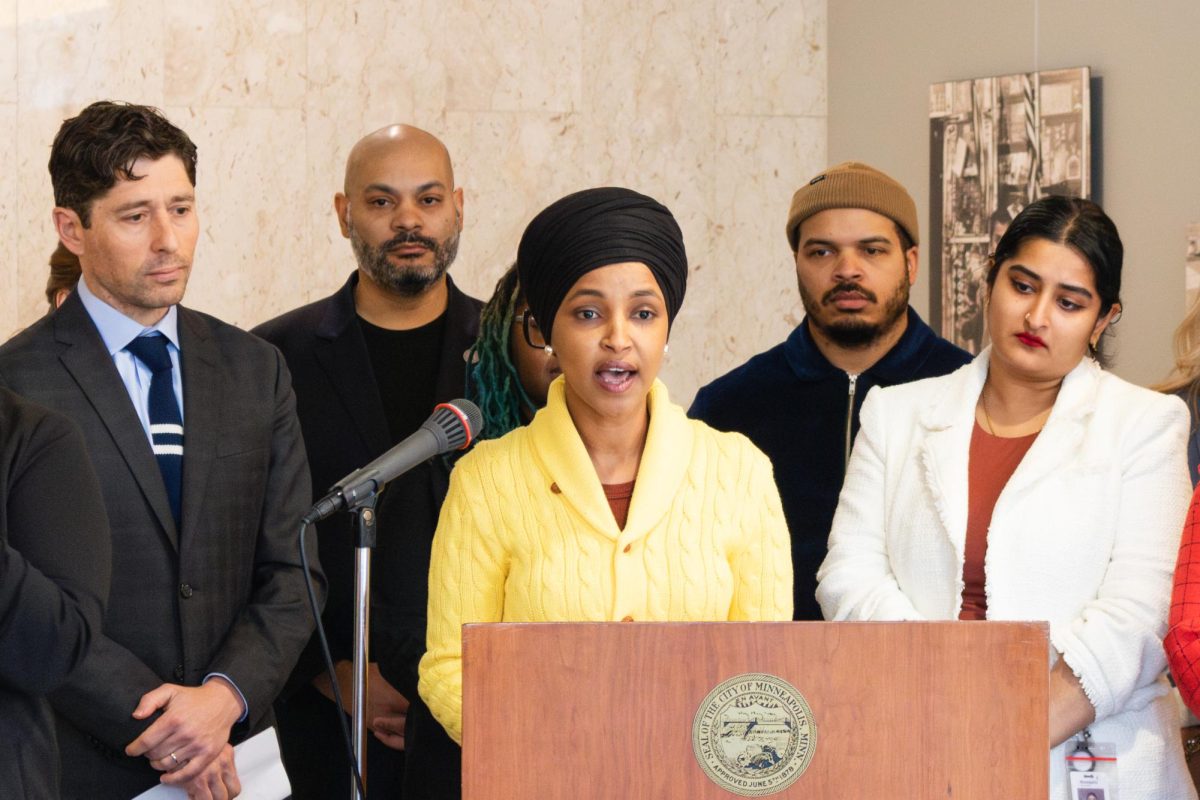The Institute for Global Studies is working to implement a newly-awarded grant to support the department and help fund fellowships for languages that are taught less frequently.
The $4 million grant is being distributed to the institute over the next four years and is being rolled out this semester. The U.S. Department of Education awarded the grant to the Institute to increase students’ knowledge of global topics and support language programs.
About $3 million of the funding is going to support fellowships that help students studying languages less commonly taught at the University. The funding will double the amount of these fellowships awarded, according to a press release from the Institute.
“It provides resources to develop new courses and new pedagogies that wouldn’t be provided otherwise,” said Evelyn Davidheiser, director of the Institute for Global Studies.
The institute is a National Resource Center – a federally-designated center with international programs within universities.
“This … grant program has been around for about 60 years and it’s designed to promote global competency knowledge about other parts of the world and language capacity in the U.S.,” Davidheiser said.
Beyond funding designated for the fellowship program, the Institute will receive an additional $230,000 annually for the next four years. The funding will help develop new courses with international content and expand existing ones. It will also develop new opportunities for learning about global topics and fund speakers and workshops, Davidheiser said.
“For the students, of course, it’s fantastic,” said Klaas van der Sanden, program director for the Institute. “For the Institute, it allows us to experiment internationally. It allows us to experiment with international content … and incorporate that into the courses, too.”
The fellowship component of the grant provides financial support to students studying languages not commonly taught at the University. It is available to students studying any language other than Spanish, French and German, Davidheiser said.
“These languages are incredibly difficult to study. So, it frees you up to do it full time,” said Thomas Wolfe, the director of undergraduate studies with the Institute.
The financial aid from the fellowships are designed to assist with tuition and living costs while students are at the University or abroad. Davidheiser said it is a highly competitive fellowship. There were 12 undergraduate fellowships and 16 graduate fellowships awarded this academic year, she said.
“It’s really helping me out to spend less time doing part-time work and more time actually focusing on my studies,” said Ben Allard, a University senior currently participating in the fellowship. He is double majoring in political science and Asian languages and literatures.
“I don’t think enough people fully recognize how important it is to learn other languages and other cultures,” he said. “You don’t really understand your own country, your own culture context, until you look beyond it and see how other people are doing things differently.”
Alexandra Ludwig, a junior majoring in global studies and Spanish and Portuguese studies, said the grant will lead to international studies being taken more seriously.
“The world is so interconnected,” she said. “It’s so important that we have these programs that … reinforce the importance of living in a global society.”







